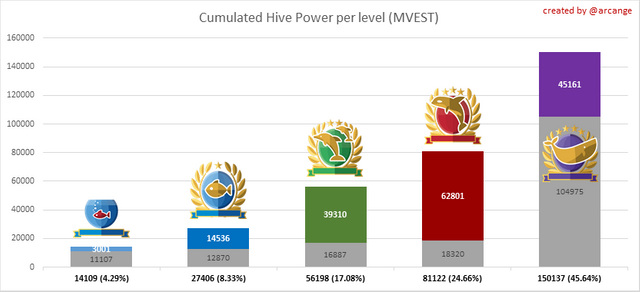You are viewing a single comment's thread from:
RE: Waiting for my account to be nullified.
Not giving someone free tokens and stealing the tokens someone already has are 2 very different things.
This is not how forks are handled traditionally. Even Etherium's fork, which undid a transaction did so by rolling back the clock on the chain prior to the smart contract's creation that froze Kazillions of tokens unintentionally. HIVE has changed the history of the blockchain by removing tokens from certain accounts while transferring some to others. They sell the hacks as airdrops is a narrative spin like the fork being necessary for decentralisation purposes. Let's see how that worked out....

Hive is more like Bitcoin Cash (BCH), Bitcoin SV (BSV) and Bitcoin Gold (BTG): A new chain with a copy of all assets.
Hive is absolutely how forks are handled traditionally.
Of course none of those forks removed assets from accounts. That was a mistake.
The only change to the bitcoin spin offs happened after the respective fork of each version. Past history was not changed. Even Etherium's fork, which removed a transaction, did so by rolling back the clock to before a certain smart contract was created which unintentionally froze Kazillions of tokens.
There was a blacklist in the HIVE forks resyncing code that specifically removed assets of targeted accounts. Your comparison is odious.
Was my last sentence not clear enough? And what part of “That was a mistake.” didn't convey my opposition to the black list?
Perhaps my reading stopped at, "Hive is absolutely how forks are handled traditionally."
One does not exclude the other: The itself fork handled traditionally. Applying a black list as first step of the new chain was a mistake.
I had a quick peek at the source code and I'm pretty sure that's how it was done: Traditional fork and then clean out the accounts from a hard coded black list.
Now both chains have deprived users of funds. How can we ever trust them again?